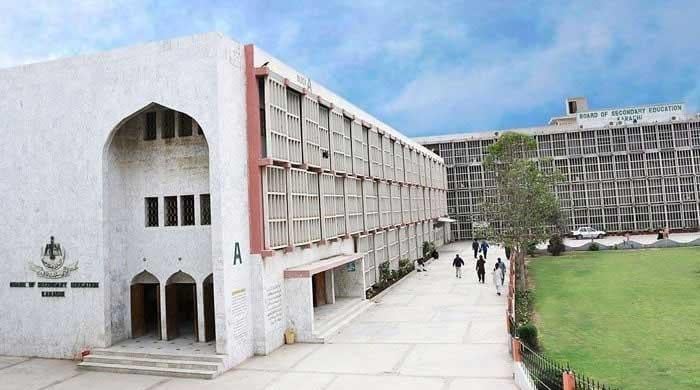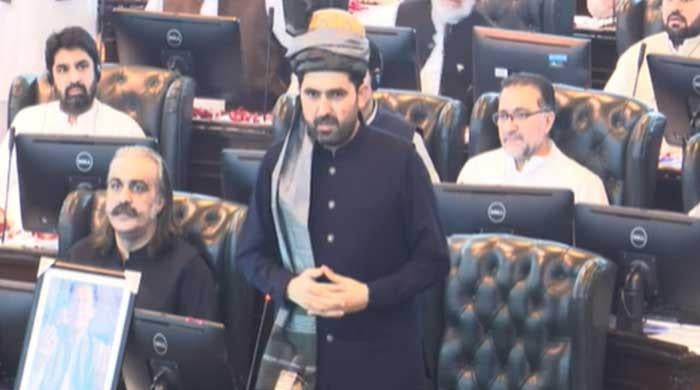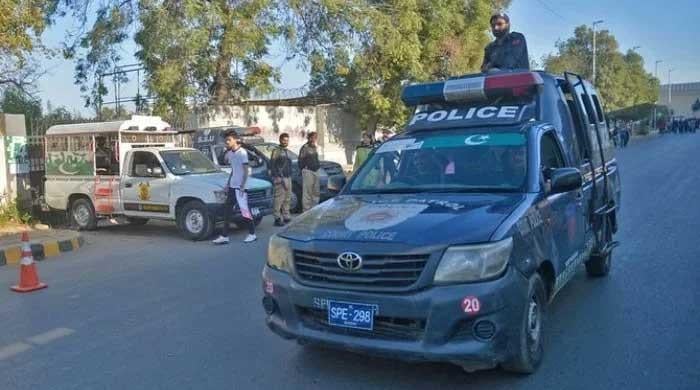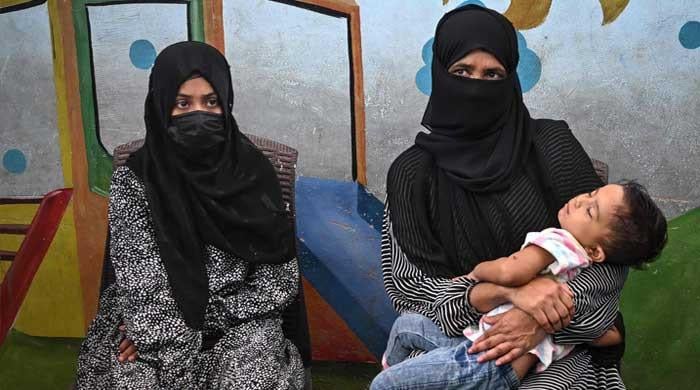Pakistani American economist tries to make sense of the coronavirus and how to deal with it
Pakistani American economist Asim Ijaz Khwaja talks about how individuals and governments can manage the impact of the coronavirus
March 15, 2020
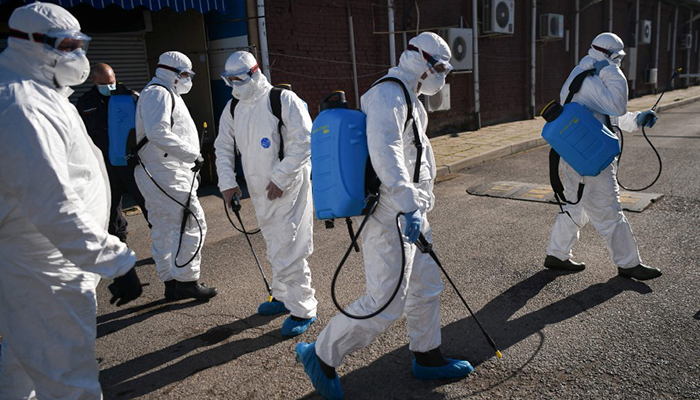
A Pakistani American economist and Harvard Kennedy School professor wrote a thread on Twitter where he offered tips and solutions on how to deal with the outbreak of the novel coronavirus and how social distancing, at various stages, will help to lessen the economic impact of the infection.
Asim Ijaz Khwaja, Professor of International Finance and Development at Harvard Kennedy School, and director of Center for International Development at Harvard University, posted a 20-tweet long thread on Twitter in which he spoke about the economic impact of the coronavirus, urging people not to panic but to be cautious.
"While we are in a tough situation, using data and some basic reasoning (modeling) can allow us to make fairly informed responses that can save lives," he wrote.
Khwaja clarified in a subsequent tweet that he wasn't an epidemiologist nor a public health expert but an economist and someone who was trying to make sense of the impact that the virus was having on the world's population.
He spoke about dealing with the virus on three levels of it spreading; level 1 (Start), level 2 (Moderate) and level 3 (large fraction of the population gets affected).
In a series of tweets, he urged people not to panic but to remain cautious of the virus. Khwaja said that when the virus starts spreading, governments must carry out aggressive testing, free of cost, and isolate those who test positive and people they come into contact with.
Regarding the next level of the pandemic spreading, Khwaja talks about physical distancing. How people should not shake hands or come into close contact with each other. Schools and classes should be moved online and large groups should avoid interacting with each other.
He also touched on how people should react to the pandemic spreading at the third level, when a large section of the population gets infected. He urged the government to heal those who were sick and help out the ones who had lost resources and people to the virus.
The pandemic has triggered panic and precautionary measures by governments around the globe. China, Iran and Italy have reported numerous deaths due to the novel virus which is proving dangerous for the old and those with a weak immune system.
Globally, more than 6,000 people have died and more than 156,000 have been infected by COVID-19 as the disease spreads rapidly in new territories. The epicentre of the outbreak has now shifted to Europe, which is recording a rapid rise in new cases every day.







